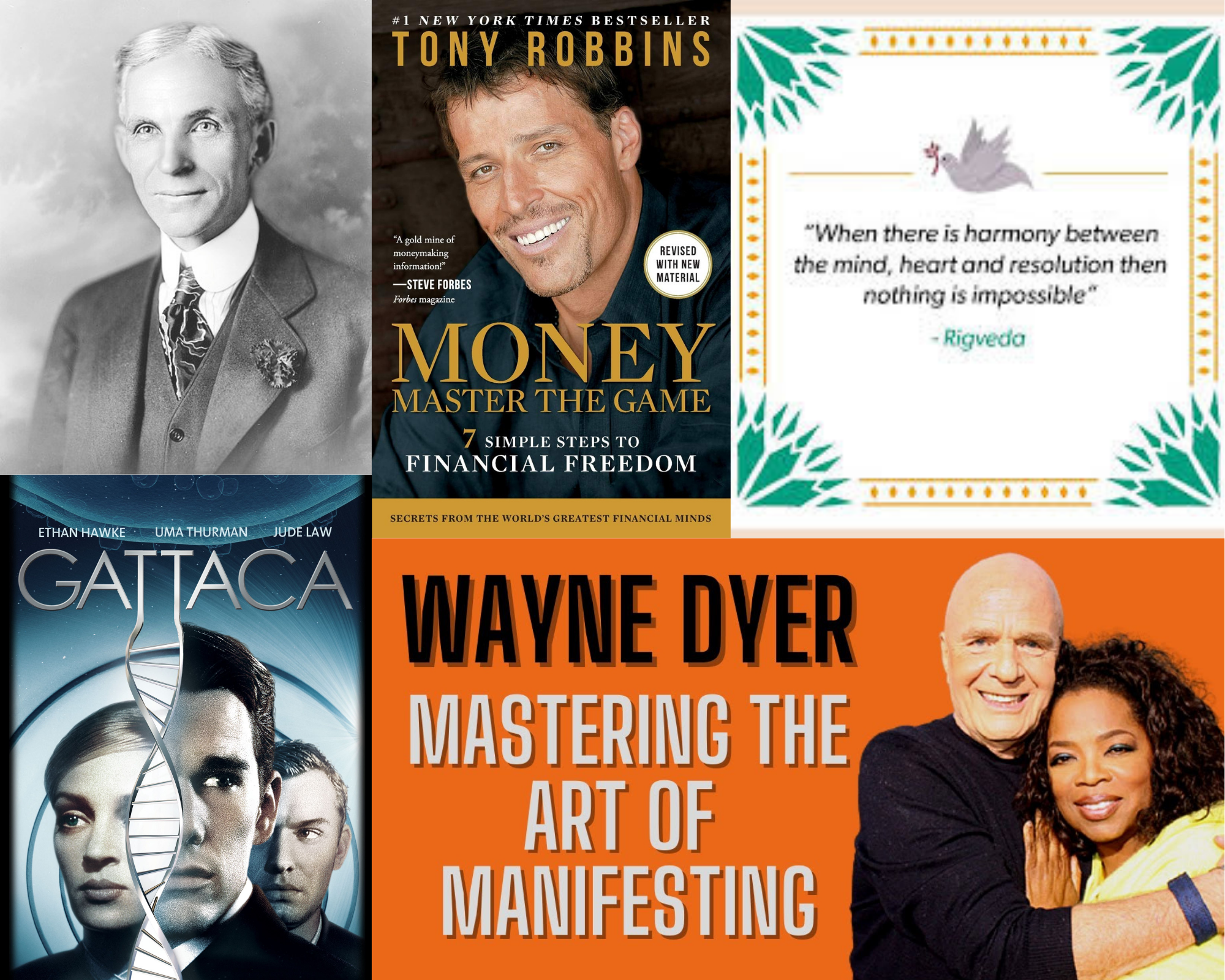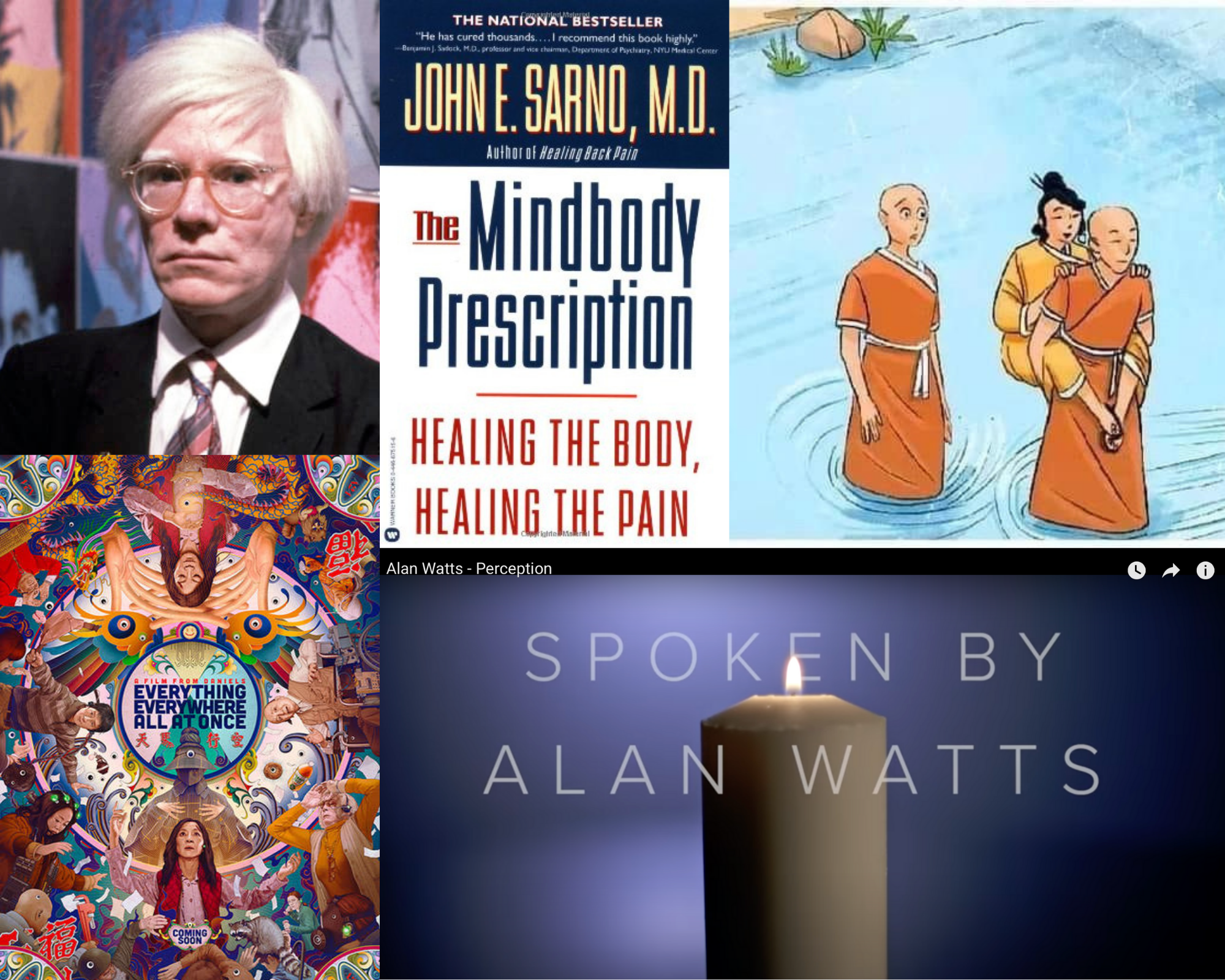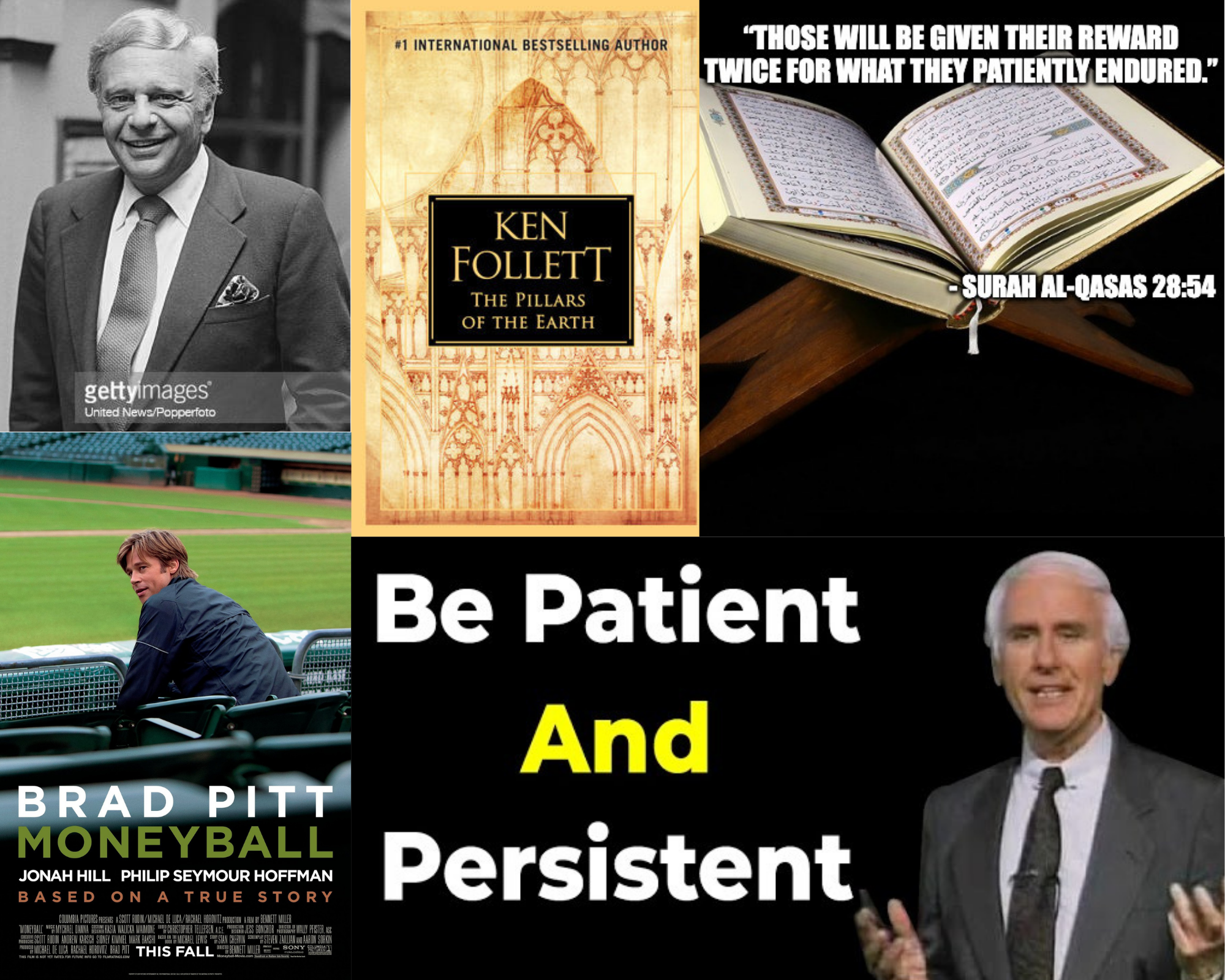Sunday Supplement #50 (April 24th, 2022)
Below is another Sunday Supplement with a quote worth sharing, a book worth reading, a movie worth watching, brainfood worth consuming, and a spiritual passage worth pondering.
I hope you take something away from these recommendations that enriches your week ahead!
Quote of the Week:
“Whether you think you can or can’t, you are right.”
– Henry Ford
Book of the Week:
Money Master the Game – Tony Robbins
I featured Tony Robbins’ Awaken the Giant Within in Sunday Supplement #30. His work in the self-help genre has touched millions and was the doorway to self-improvement for me.
When I heard that Robbins wrote a financial self-help book, I knew I had to check it out.
Money Master the Game used extensive research and one-on-one interviews with some of the most legendary financial experts in the world, including Warren Buffett and Ray Dalio, to develop a 7-step blueprint for financial freedom.
Robbins broke down complex financial principles into easily digestible concepts. The book takes readers of every income level through steps to help create a lifetime income plan.
I majored in business and found this book more informative than most textbooks I was forced to read throughout college.
The book is on the longer side and takes time to get through, but it is worth checking out.
Robbins’ Unshakable is the more condensed sequel to Money Master the Game for those looking for a shorter read.
Movie of the Week:
Andrew Niccol’s Gattaca is set in the distant future where eugenics is commonplace and ensures children possess the best hereditary traits of their parents.
Society experiences genetic discrimination, where those conceived outside the eugenics program cannot partake in higher positions in society.
Vincent Freeman, played by Ethan Hawke, dreams of becoming an astronaut and going to space. By adopting a validated citizen’s identity, Freeman attempts to achieve his dream.
The film brilliantly explores themes of eugenics and freedom of self-determination.
There are so many beautiful elements of Niccol’s film to enjoy. Hawke gives a powerful performance as Freeman, as does Jude Law in the role of Freeman’s friend Jerome/Eugene.
Gattaca was only nominated for one Academy Award, but it stands the test of time as a thought-provoking and magnificent science fiction story.
Brainfood of the Week:
Dr. Wayne Dyer on the Art of Manifestation | SuperSoul Sunday | Oprah Winfrey Network
I’ve featured Oprah Winfrey’s SuperSoul Sunday in Sunday Supplement #43 and am excited to have it in the Sunday Supplement again.
Winfrey’s series features exclusive interviews with top thinkers, authors, and spiritual leaders and explores themes like happiness, personal fulfillment, spirituality, and conscious living.
In this clip, Oprah’s guest is Wayne Dyer. In Sunday Supplement #22, I featured Dyer’s quote, “If you change the way you look at things, the things you look at change.”
Winfrey and Dyer discuss manifestation and how it is different from the law of attraction. Dyer explains how we all have within us this amazing capacity to manifest anything into our lives.
The main lesson is that we attract into our lives what were are, not what we want.
If you say, “You are depressed,” your attention focuses on depression and more things to be depressed about. Feeling depressed can be okay because feelings change.
You get what you are rather than what you want. So, let negative feelings pass, but move towards an identity of happiness.
If you like this clip, check out more of Wayne Dyer’s work and more of Oprah Winfrey’s SuperSoul Sunday episodes. I’m sure I’ll feature both again in the future.
Closing Spiritual Passage:
“When there is harmony between the mind, heart, and resolution, then nothing is impossible.”
– Rig Veda
The Vedas are a body of religious texts originating in ancient India that compose some of the oldest scriptures of Hinduism. I feature them regularly as closing spiritual passages.
This passage refers to the idea that we can achieve anything if our mind, heart, and resolution are in harmony.
I’m reminded of the moments of flow when you have complete faith and trust what will happen next.
There have been moments in sports or in life where I know that I can achieve an outcome or reach a goal, and it’s happened.
This idea of manifestation has many crossovers in many different religions and philosophies.
The Rig Veda passage exemplifies the perfect state of being for bringing the possibilities you wish to see into your life.
Take a step on the path of whom you want to be, and have a blessed week ahead!
Comments closed


